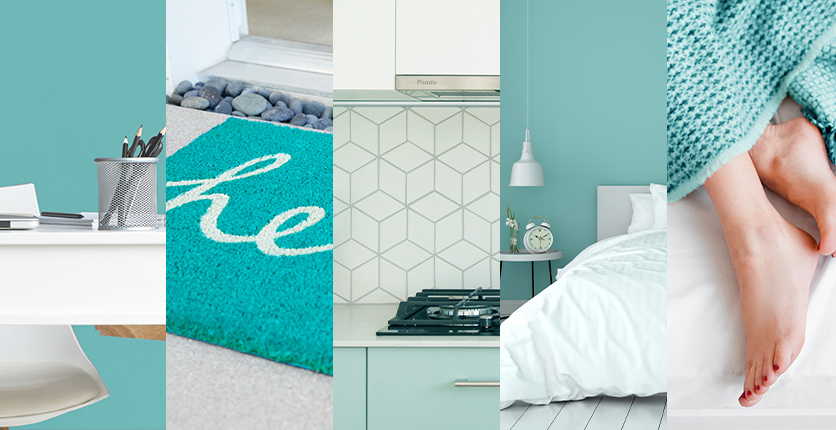To some, it may simply be common design sense, but aficionados know it as feng shui, the ancient Chinese practice that aims to create positive vibes and upkeep optimal energy flow through interior design.
A direct translation of “wind and water” in Mandarin, feng shui is the curation of space through interior design to create an environment of healthy energy flow that results in harmony for occupants of that space.
Feng shui master Joey Yap shares with NSman some tips for your home.
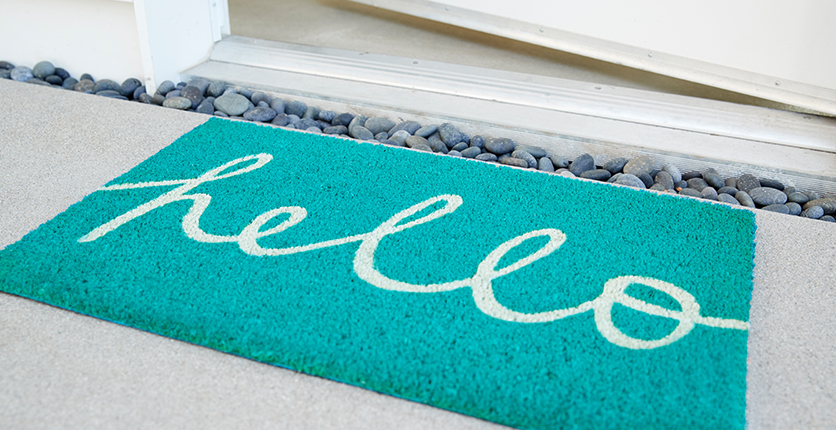
Declutter
Declutter physical space inside your home and keep the flow of qi or energy unobstructed. Ensure that there are no obstructions to the front door from within, as qi enters through the doorway, he explains. At the same time, there should not be obstructions outside the entrance, such as tall trees or plant foliage, which can disrupt the flow of positive energy.
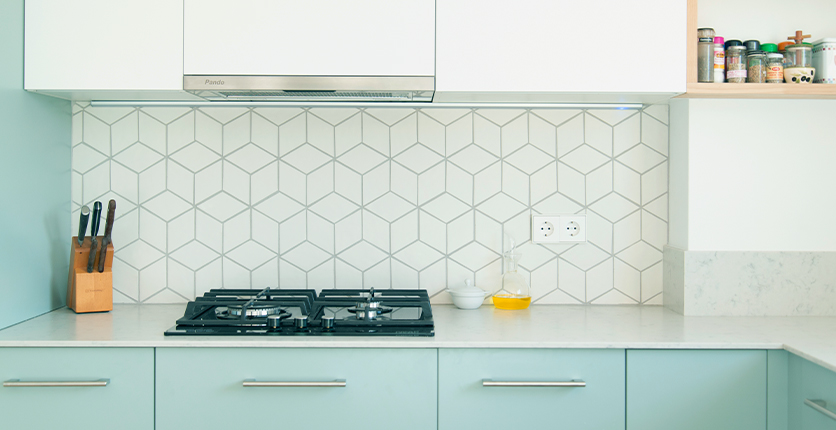
Location of kitchen stove
Make sure it is strategically positioned. For example, if your stove is located on a kitchen island, it will create unfavourable feng
shui, which can lead to poor health for the occupants of the house, according to Joey.
“A favourable location would be against a wall, as this represents stability,” he says. Close proximity to the sink is also believed to lead to a clash between the fire (stove) and water (sink) elements. If both have to be placed next to each other, install a console or island in between to mitigate the clash.
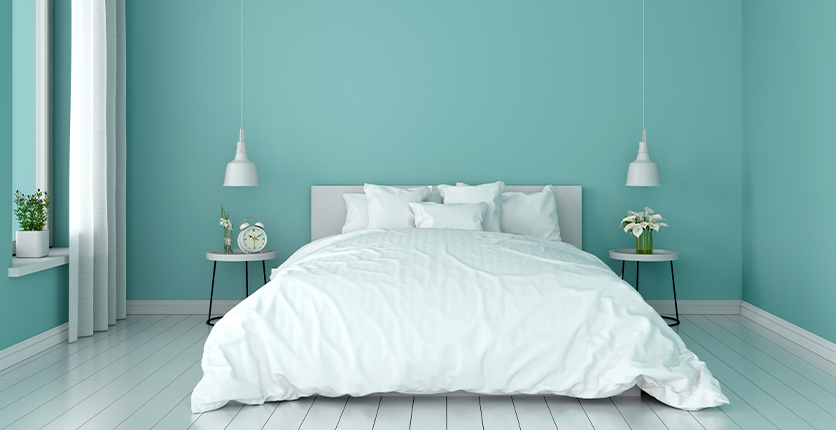
Bed position
The bed is a key element affecting one’s quality of sleep – in particular, its position. One ideal bed placement is to have a solid wall
behind your headboard for support.
“Sleeping and having a good night’s rest impact our health greatly,” he says. “Having a bed placed next to a window can create poor feng shui, resulting in poor sleep and potential health issues.”
Another no-no is positioning the bed against a corner of a wall, as the qi which is hemmed in the corner might create an energy block.
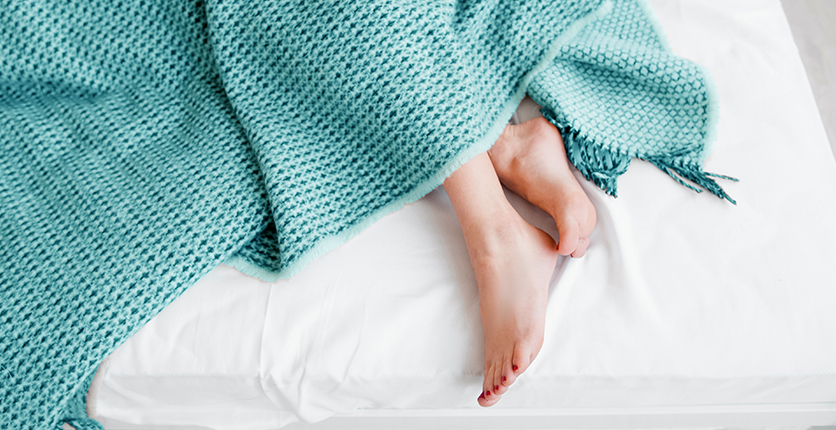
Sleep position
While proper placement of furniture can help create favourable feng shui in the bedroom, one’s sleep position also has an important role to play in whether you’re getting proper shut-eye. “Do not sleep with your head or foot in direct alignment with the bedroom door,” he says.
“Sleeping with your feet pointing towards the bedroom door is considered bad feng shui.” This is because qi entering the room through the door will “crash” against the bed, causing you interrupted or poor sleep, he adds.
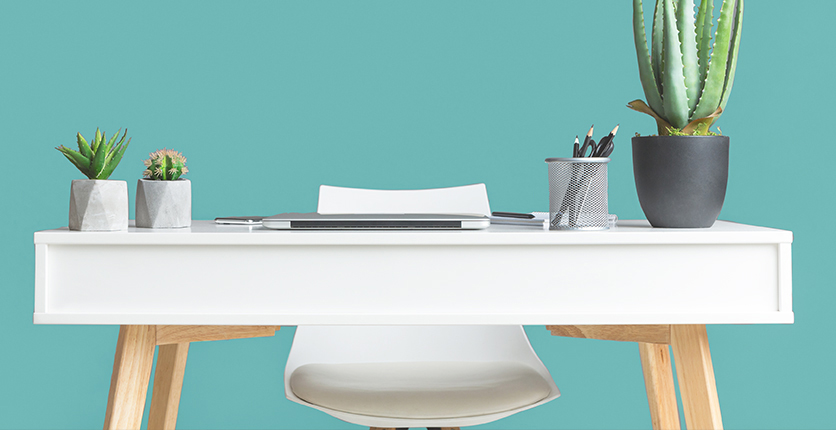
Desk placement
As more professionals telecommute to facilitate social distancing, where you place your home office desk becomes an even more important consideration.
A favourable placement is one in which you are seated with a solid wall behind you. This wall represents strength and support that would help you advance at work or school. Avoid placing your desk under overhead beams, which can “suppress” your qi and energy flow, he adds.
